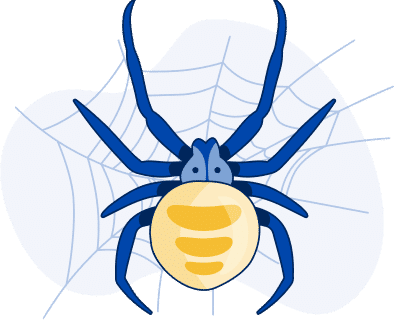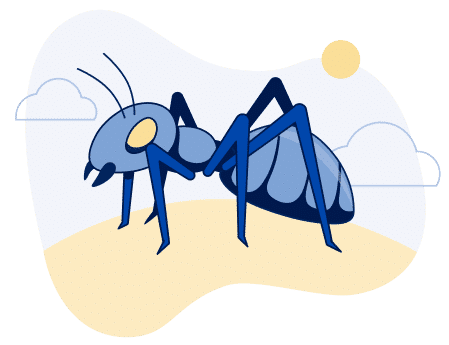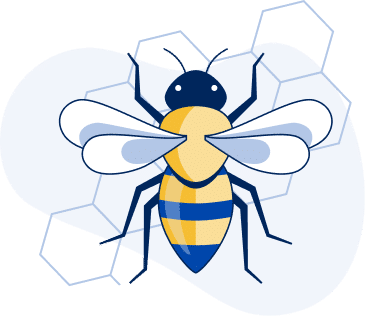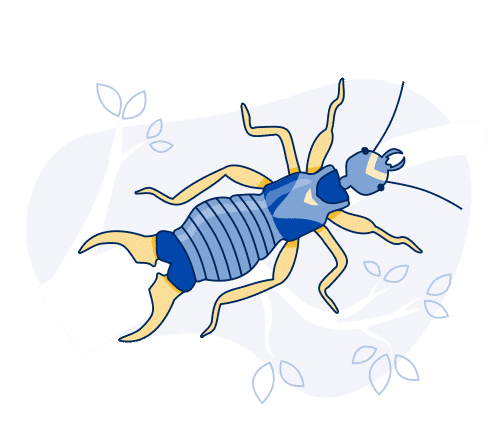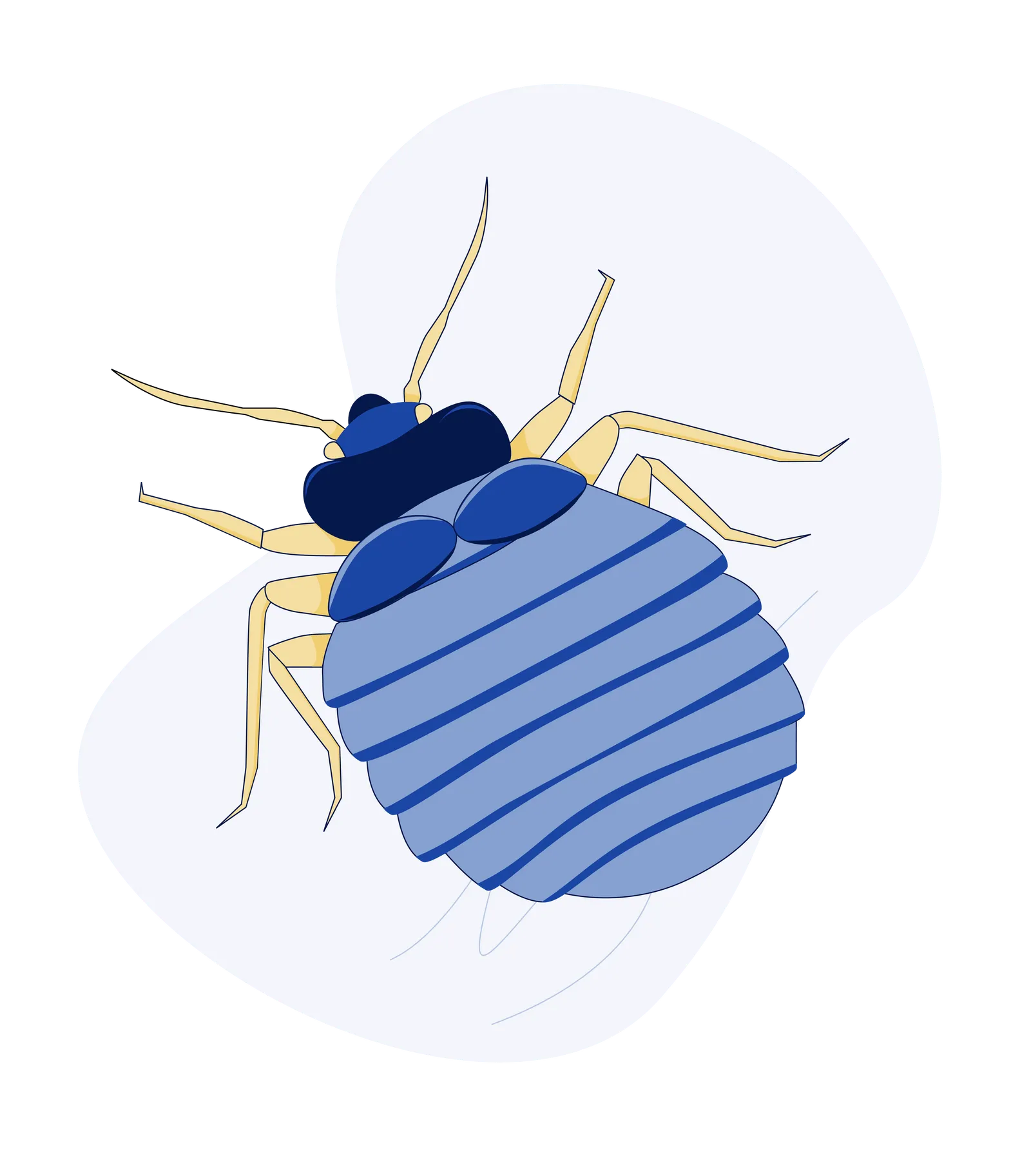Understanding the Behavior and Habits of House Flies
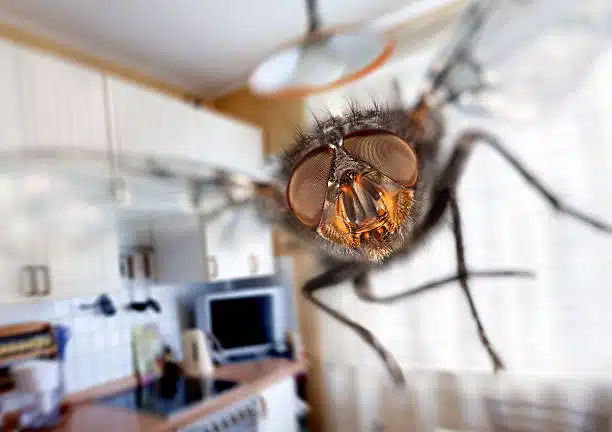
House flies are a common nuisance in many households. They are not only annoying, but they can also pose a health risk to humans and pets. Fly control and prevention are essential to keeping your home safe and comfortable. In this blog post, we will explore the behavior and habits of house flies and provide effective methods to prevent and control them.
The Behavior of House Flies
House flies are small, fast-flying insects that are attracted to food, garbage, and other organic matter. They have a short lifespan of around 30 days and go through four stages of development: egg, larva, pupa, and adult. Female house flies can lay up to 150 eggs at a time in organic material such as manure, garbage, and rotting food. These eggs hatch into larvae, which then pupate and emerge as adult flies.
Unlike mosquitoes, house flies are most active during the day and are attracted to warmth, light, and moisture. They have a strong sense of smell and can detect food from a distance of up to 30 feet. They are also attracted to carbon dioxide, which is produced by breathing and sweating.
A fly infestation can be dangerous to humans and pets as they can carry and transmit diseases such as typhoid fever, dysentery, and cholera. They can also cause food poisoning by contaminating food with their feces and vomit.
Fly Prevention Techniques
Preventing a fly infestation is easier than dealing with one. Here are some effective methods to keep house flies away:
Good Hygiene Practices: Keeping your home clean and free of organic matter is essential to preventing house flies. Dispose of waste properly and clean your garbage cans regularly. Keep your kitchen clean and free of food crumbs and spills. Also, avoid leaving pet food outside for too long.
Use Fly Screens: Fly screens are an effective way to keep house flies out of your home. Install screens on your doors and windows to keep flies from entering your home. Make sure that the screens are in good condition and free of holes.
Fly Traps and Baits: Fly traps and baits are effective ways to control house flies. Traps can be placed in areas where house flies are commonly found, such as near garbage cans and in the kitchen. Baits can be placed in areas where house flies are attracted, such as near windows and doors.
Regular Pest Control Inspections and Treatments: Regular pest control inspections and treatments can prevent a fly infestation from occurring. Professional pest control technicians can identify potential problem areas and provide effective treatments to control house flies.
DIY Fly Control Methods
If you prefer natural or DIY methods, there are several natural pest control methods available to control house flies. Here are some DIY fly control methods:
Essential Oils: Essential oils such as lavender, peppermint, and eucalyptus can repel house flies. You can make a fly repellent spray by mixing a few drops of essential oil with water and spraying it around your home.
Herbs: Certain herbs, such as basil, mint, and bay leaves, can also repel house flies. You can place these herbs in a jar or sachet and place them in areas where house flies are commonly found.
Homemade Fly Traps and Baits: You can make homemade fly traps and baits using common household items. For example, you can make a fly trap using a jar, honey, and vinegar. Fill the jar with a mixture of honey and vinegar, and cover it with plastic wrap. Poke small holes in the plastic wrap, and place the trap in an area where house flies are commonly found.
The Emotional Impact of a Fly Infestation
A fly infestation can be emotionally stressful for homeowners. The constant buzzing and swarming of house flies can cause anxiety and stress. The feeling of being invaded by insects can be overwhelming and disrupt daily life. To cope with the emotional toll of a fly infestation, it’s important to take action and prevent one from occurring. If you already have a fly infestation, contact a pest control professional to help you control and eliminate the problem. Also, practice good hygiene habits and keep your home clean and free of organic matter.
Conclusion
In conclusion, understanding the behavior and habits of house flies is essential to preventing and controlling a fly infestation. Good hygiene practices, fly screens, traps, baits, and regular pest control inspections and treatments are effective methods to keep house flies away. Natural and DIY methods can also be used to control house flies. Remember, a fly infestation can be emotionally stressful, but taking action and preventing one can help keep your home safe and comfortable. Take action today to prevent and control house flies, and contact SERVE Pest Control for professional pest control services.
At Serve Pest Control, we understand the importance of a pest-free environment in both residential and commercial settings. We offer comprehensive pest control services that include:
–Residential Pest Control: We provide effective and affordable pest control solutions for homeowners to protect their homes and families from a wide range of pests.
–Commercial Pest Control: Our commercial pest control services are designed to meet the unique needs of businesses, including restaurants, hotels, and healthcare facilities.
–Rodent Pest Control: Our rodent control services are designed to keep your property free from rodents and prevent future infestations.
Don’t let pests take over your home or business. Contact Serve Pest Control today and let us help you get rid of pests for good!

